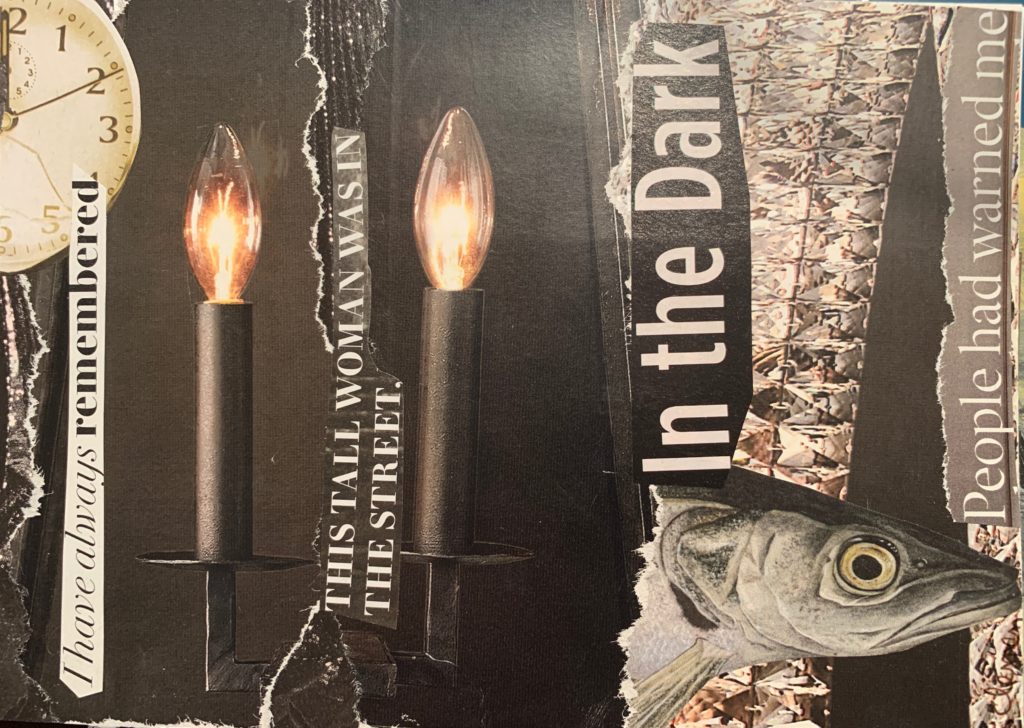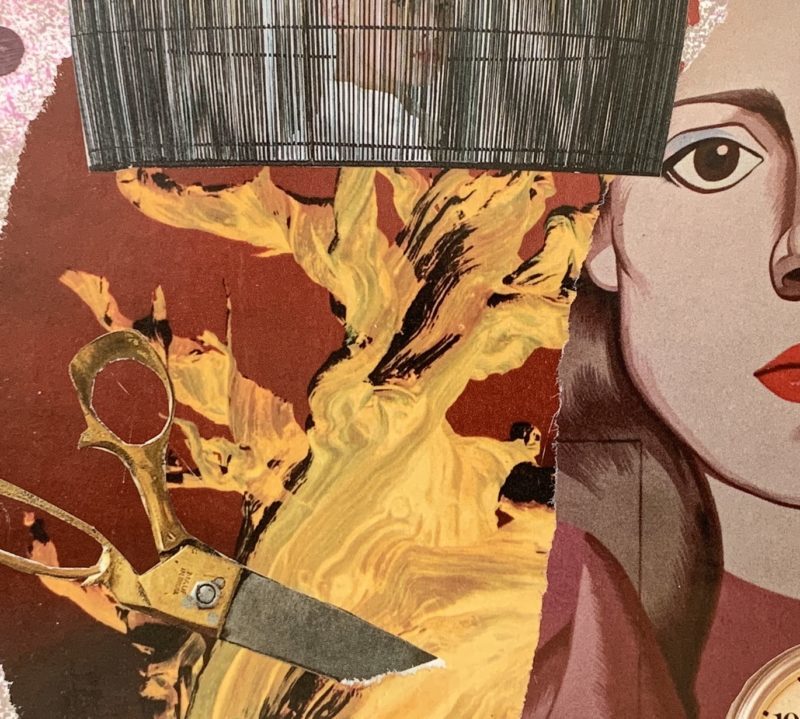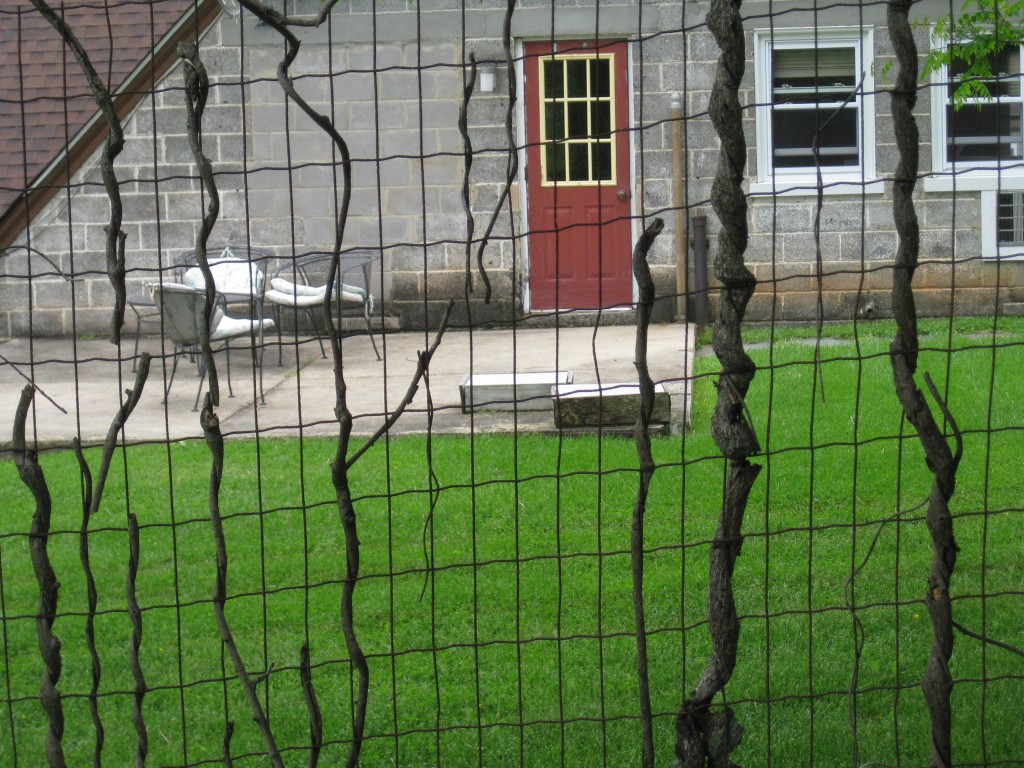
A story about a secret
This story about keeping adoption secret was first published a decade ago. The advice columnist Amy Dickinson chose to re-publish it a few days ago while she takes a brief break from her column. Keeping adoption secret is a vampire of a subject in the world of adoption. Will it ever die? Apparently not.
A decade is a long time. The adopted girl the letter writer asks about could be sitting in a bar now, downing her third mojito. Maybe she’s telling the bartender about her recent discoveries on 23andMe. Maybe she’s estranged from her family. Or maybe just her mother. Maybe her siblings are her best and most stalwart friends. Maybe she just found out she’s been dating her biological brother.
In other words, is keeping adoption a secret ever a good idea? No.
Amy’s answer
The letter, written by the 16-year-old sister of the adopted girl, was simple. Straightforward. She knew that keeping her sister’s adoption secret was a terrible idea. However, Amy Dickinson’s response requires a closer reading. “Your mother’s refusal to tell your sister her adoption story has now devolved from lying by omission to outright lying,” she writes. I don’t think there’s much devolving here. Lying by omission to a 10-year-old about the fact that she’s adopted is already subterranean.
That said, I like much of Amy Dickinson’s response. “Your sister… was always old enough to know this story, because the story tells the truth about her life.” Beautiful.
A Reader comments
Dear Amy: I disagree with your advice to “Distressed Sister.” Adoption is between the parents and the child.
Everybody else should stay out of it. This sister should be told, “If you ever adopt a child, you can handle it the way you like.”
–Also Distressed
Amy’s answer to “Also Distressed”
Amy’s answer to “Also Distressed” opens on a strong note. “Adoption is not only between the parents and the child. Keeping this a secret affects the entire family system.” But the answers drifts a bit after that.
Adoption can be a painful and emotional subject for parents, in part because they cannot imagine that the child they chose to join their family wasn’t always in their family. They also worry about any future complications regarding the child’s curiosity about — or contact with — biological relatives.
Complications? Complications sounds like something one might die of after surgery or an illness. Certainly, having a birth family and an adopted family is more complex than having simply a birth family. Having a birth family was probably pretty simple until adoption stepped into the picture. That’s when things got complicated. Birthmothers and other birth family members are not complications. Unless of course you’re adoptive parent who lies or otherwise deceives your adopted child into thinking they’re your biological child.
The rights of the adopted person
Despite the fact that the adopted daughter was only 10 at the time the column first appeared, I wish Amy Dickinson had included something about the rights of adoptees. While the following applies to adult adoptees, probably every adopted parent should be acquainted with it from the beginning. Because a 10-year-old is not going to remain 10 forever. It’s the mission statement from Bastard Nation.
Bastard Nation is dedicated to the recognition of the full human and civil rights of adult adoptees. Toward that end, we advocate the opening to adoptees, upon request at age of majority, of those government documents which pertain to the adoptee’s historical, genetic, and legal identity, including the unaltered original birth certificate and adoption decree. Bastard Nation asserts that it is the right of people everywhere to have their official original birth records unaltered and free from falsification, and that the adoptive status of any person should not prohibit him or her from choosing to exercise that right. We have reclaimed the badge of bastardy placed on us by those who would attempt to shame us; we see nothing shameful in having been born out of wedlock or in being adopted. Bastard Nation does not support mandated mutual consent registries or intermediary systems in place of unconditional open records, nor any other system that is less than access on demand to the adult adoptee, without condition, and without qualification.

